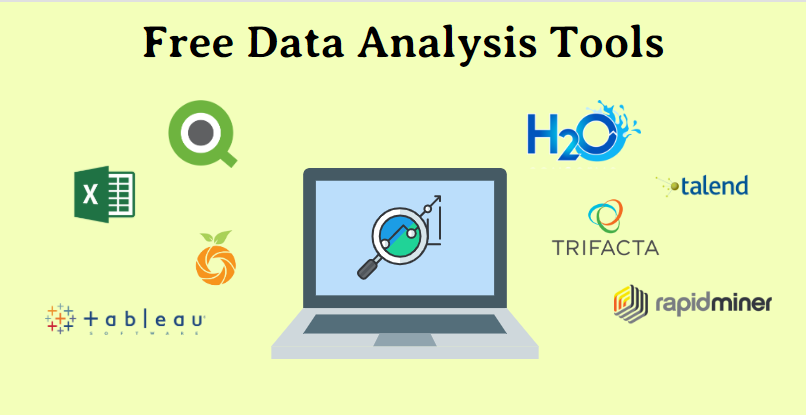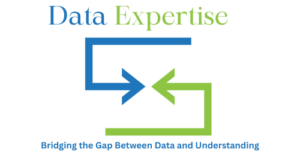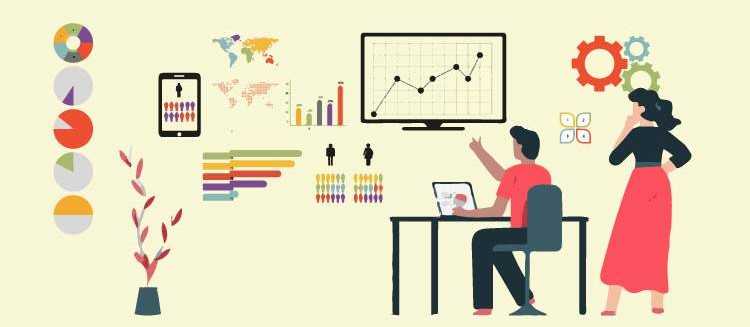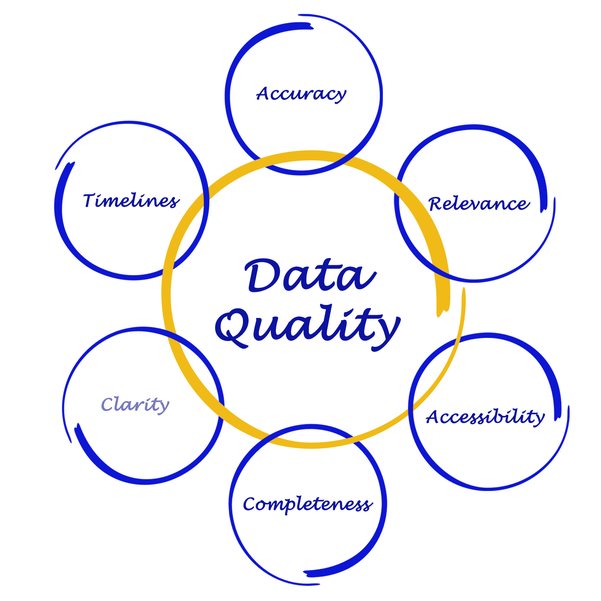In today’s data-driven world, the role of data analysts has become increasingly crucial. These professionals are the bridge between raw data and actionable insights, helping organizations make informed decisions that drive success. Let’s delve into the world of data analysts, their responsibilities, and why they are essential for businesses.
Key Responsibilities of Data Analysts
Data analysts play a pivotal role in the data lifecycle, performing various tasks to extract meaningful information from datasets. Some of their key responsibilities include:
- Data Collection and Cleansing: Data analysts gather data from various sources, ensuring its accuracy and completeness. They clean and preprocess data to remove inconsistencies.
- Data Exploration: They explore data to identify trends, patterns, and anomalies that can provide valuable insights.
- Data Visualization: Data analysts use tools like charts and graphs to present data in a visually understandable manner, aiding decision-makers.
- Statistical Analysis: They apply statistical methods to interpret data, draw conclusions, and make predictions.
- Reporting: Data analysts create reports and dashboards summarizing their findings, making it easier for stakeholders to grasp the insights.
Why Data Analysts Matter
- Informed Decision-Making: Data analysts help organizations make data-driven decisions, reducing reliance on gut feeling and intuition.
- Cost Savings: By analyzing data, companies can identify inefficiencies and cost-saving opportunities.
- Competitive Advantage: Data-driven insights give companies a competitive edge by helping them respond to market changes swiftly.
- Improved Customer Experience: Data analysts analyze customer data, allowing companies to personalize their offerings and enhance customer satisfaction.
Tools and Skills
Data analysts are equipped with a diverse toolbox of software and skills that enable them to extract valuable insights from data. These tools and competencies play a pivotal role in their day-to-day tasks:

- Data Manipulation Tools: Data analysts often work with spreadsheet software like Excel to manage and manipulate data efficiently. Excel allows them to perform basic data cleaning, aggregation, and transformation tasks.
- SQL (Structured Query Language): SQL is a fundamental tool for data analysts who work with relational databases. It enables them to retrieve, filter, and manipulate data stored in databases. Proficiency in SQL is essential for querying databases and extracting specific datasets.
- Programming Languages: Many data analysts use programming languages like Python or R for data analysis. These languages offer extensive libraries and packages tailored for data manipulation, statistical analysis, and machine learning. Python, in particular, has gained popularity for its versatility and ease of use in data analytics.
- Data Visualization Tools: Data analysts employ data visualization tools such as Tableau, Power BI, or Matplotlib (a Python library) to create visually appealing and informative charts, graphs, and dashboards. Visualization helps convey complex insights in an easily understandable format.
- Statistical Analysis: Data analysts utilize statistical techniques to uncover patterns and relationships within datasets. They apply concepts like hypothesis testing, regression analysis, and probability to draw meaningful conclusions.
- Data Cleaning: Data is often messy, containing errors, missing values, or inconsistencies. Data analysts possess the skills to clean and preprocess data, ensuring its quality and reliability. This step is critical for accurate analysis.
- Effective Communication: Beyond technical expertise, data analysts must excel in communication. They translate their analytical findings into actionable insights for non-technical stakeholders. Strong communication skills, including data storytelling and visualization, enable them to convey complex information clearly and persuasively.
- Domain Knowledge: Depending on the industry or sector they work in, data analysts may need domain-specific knowledge. Understanding the nuances of their organization’s operations or the industry landscape enhances their ability to derive meaningful insights from data.
The Continuous Learning Journey
The field of data analysis is dynamic, with evolving tools and techniques. Data analysts are often engaged in continuous learning to stay current with industry trends and emerging technologies. This adaptability is essential as new tools and methods emerge, enabling them to tackle increasingly complex datasets and business challenges.

In essence, data analysts are versatile professionals who combine technical expertise with a deep understanding of data. Their ability to wield a wide range of tools and skills, coupled with effective communication, makes them valuable assets for organizations seeking data-driven decision-making. As technology advances and data becomes even more central to business operations, the role of data analysts will continue to expand and evolve.
The Future of Data Analysis
As technology advances, the role of data analysts is expected to evolve. With the growth of big data and artificial intelligence, data analysts will need to adapt to new tools and techniques. Additionally, their ability to extract meaningful insights from massive datasets will become even more valuable.
In conclusion, data analysts are essential in today’s data-centric world. They help organizations transform raw data into actionable insights, ultimately driving better decision-making and business success. As the data landscape continues to evolve, the role of data analysts will remain indispensable.



